|
I'm honored to be featured in author Raimey Gallant's blog this week with my thoughts on actions individual authors can do to make romance and publishing more diverse, equitable, accessible, and inclusive.
https://raimeygallant.com/2019/09/17/makingpublishingrepresentative/ As always, I'd love to hear and incorporate your ideas. Or just for you to share this post if you think it could help others think about the systemic problems in the publishing industry. Thanks!
1 Comment
(A long post. Read it anyway.)
Last week, Romance Writers of America (RWA - an organization I joined as soon as I began my romance writing career) issued a public statement about the RITAs, their annual award for the best romances in several categories. The RITA ceremony is a highlight of the annual RWA conference—nominees and attendees dress up and cheer and celebrate their accomplished peers. Plus there’s dancing afterward! It’s a fun night… or it’s meant to be.
Recent examination by RWA of its award has brought to light a serious problem, one which many had breezed past, thanks, in my view, largely to the privilege white authors have to just not notice. From the RWA statement: We’ve only recently started collecting demographic information on our members, and that is on a voluntary basis. But from what we could determine, the statistics for black author RITA finalists from 2000 to 2017 are: • The number of finalist books by black authors is less than half of 1% of the total number of finalist books • No black romance author has ever won a RITA So. Now we’re aware. And it’s a facet of systemic racism. And we can’t go on without making serious changes to dismantle systemic racism within the awards process, and within romance writing as a whole. We all know that there are dozens upon dozens of well-qualified books that don’t make the finals each year. We’ve probably written them ourselves! The problem is, the first-round judges (that’s us – romance authors who have also entered the RITA contest) have been shown conclusively to have a bias against books written by black authors. The problem is, there is no current corrective in place to work against this systemic racism. I admire all the brainstorming geared towards mitigating racism with the RITAs. I’m pleased to see initial ideas grown and developed. This has been happening on public forums like Twitter, and in author-only private forums. This is an issue that’s being taken seriously, and the vast majority of people who I’ve seen speak about it want addressed ASAP. As with any discussion of race in America, it can be uncomfortable. People have been defensive, or hand-wave-y, or resorted to talking about ‘niceness’ rather than the issues. I’m sure you’ve seen it all, if you’ve participated in or witnessed discussions of systemic racism, too. (Or spent time in any comment section anywhere, frankly.) Being uncomfortable is fine. It means you’re not brushing aside hard truths. It means you are willing to ask yourself, “what now?” I entreat my fellow white authors to lead the way to change—not just because of the RITAs, but because of how deeply racism has impacted our industry. Those of us who are cis-het able-bodied neuro-typical white women need to do some heavy lifting to broaden the playing field in our industry. As Frances McDormand said as she won an Oscar this year: “Two words… inclusion rider.” Read more widely. (The Ripped Bodice bookstore asked publishers three questions after this year’s diversity survey: Are you happy with your numbers? If not, how do you plan to change them? Where do you expect to see your numbers go in the next three years?) Look at your own reading—what percentage of white authors are you reading? Ask yourself those same three questions. If you’ve got a blog or are active on social media, share your excitement about some of the diverse books you’ll love reading (this is a voyage of discovery with rewards that far outweigh the costs of whatever effort you put into discovering new-to-you black authors.) Invite authors of color to share your platform. Do you have a good relationship with books bloggers or reviewers? Take the time to tell them about the black authors you love. And if you’ve got power in your own platform, aspire to be a Frances McDormand. Ask your agent how many authors of color she represents. Ask her what she’s doing to diversify her list. Ask her if she’ll read the manuscript of a black chapter member whose work you admire. Ask your editor if there are black copyeditors or designers or formatters who work on your books. Ask what they’re doing to combat the documented whiteness of the publishing industry. Ask what books by black authors their house is publishing soon. Ask them to invite black authors to join you at the table during book signings. (I am an indie; my knowledge of how editor / agent relationships work comes from family in the industry and friends who are traditionally published. I feel sure that you amazing writers with big platforms can brainstorm other ideas for asking for accountability from the publishing side of this problem.) I came to romance writing after twenty years working in a male-dominated industry. Walking into my first meeting, and later going to my first conference, and being welcomed with supportive enthusiasm from so many women (and a few men) was a feeling that sustained me through lots of long solo nights at the keyboard. It breaks my heart and casts a painful shadow across those experiences, knowing that so many black women have been actively excluded from receiving the same welcome. I’ve seen the disparity from publishers and readers; now I see how deeply seated racism is within our organization. It can’t continue. The work to change it is essential, and we must do it.
I began reading Ijeoma Oluo’s brilliant book So You Want To Talk About Race while chaperoning my high schooler’s band this week. I’m not far into it, but already have SO MANY HIGHLIGHTS. It was published in January, and it’s an excellent synthesis of many issues. And, as the title suggests, it serves as a primer on how to begin having more—and more productive—conversations about race in America.
I think we’ve accepted that the absence of black RITA winners is about race. Just in case, I’m going to quote Oluo from chapter 1, because this an important baseline for everyone: “If you are looking for a simple way to determine if something is about race, here are some basic rules. And when I say basic, I mean basic. “1. It is about race if a person of color thinks it is about race. “2. It is about race if it disproportionately or differently affects people of color. “3. It is about race if it fits into a broader pattern of events that disproportionately or differently affect people of color.” She expands on all of these points, and I encourage y’all to read her book. Here’s another quote, from chapter 2: “Racism is any prejudice against someone because of their race, when those views are reinforced by systems of power.” This working definition of racism is important, because too often conversations about race devolve into “but I personally didn’t mean that” or “I, too, experience (insert issue here) but I’m not black.” She likens it to the approach you might take if you have cancer, and it makes you vomit. You can work to mitigate the nausea, which will make your days better, but you are still battling cancer. Improving a symptom (ensuring that you, personally, are woke) doesn’t stop the underlying problem (our world is built on systems designed to advance and celebrate white people, very often at the expense of black people.) Another important quote: “We cannot fix these systemic issues on a purely emotional basis. We must see the whole picture…. We can get every person in America to feel nothing by love for people of color in their hearts, and if our systems aren’t acknowledged and changed, it will bring negligible benefit to the lives of people of color…. But when we acknowledge racism as a part of a system, instead of being limited to our ability to win over racists, we can instead focus on how our actions interact with systemic racism. No, the problem isn’t just that a white person might think black people are lazy and that hurts people’s feelings, it’s that the belief that black people are lazy reinforces and is reinforced by a general dialogue that believes the same, and uses that belief to justify not hiring black people for jobs, denying black people housing, and discriminating against black people in schools.” This is why it’s disturbing to me that branches of the ‘fix the RITAs’ conversation has gone down the coded ‘screen for good writing’ road. It’s the same reason it’s wrong that publishers hold to the ‘no one ever buys black romance’ line despite all the contradictory evidence. And why it’s wrong for white authors to say, ‘I’ve experienced dismissal or harm because I have X issue in my life’ without adding, ‘but I accept that X issue in the life of a black author complicates her life in deeper ways, because she is also trying to create HEAs in a world that tells her several times a day that she is not worthy and she is not welcome.’ For the most part, judges aren't setting out to deliberately give lower scores to books by black authors. We can’t aim to identify and root out (or retrain) individual judges and expect the problem to be solved. It’s not a problem of individuals, but a problem of systems. As judges, we are a component of those systems. Every one of us needs to accept that, and accept the need to fix the system. And every one of us who is not an author of color needs to lead the charge, because like it or not, racism has given those of us who are white an advantage in this industry and in this organization. We have to ask ourselves, “is there a part of me that thinks: this book about (for example) white people finding love in a small town is similar to what I write, and it fits the pattern of RITA winners, so my high score for it means I’m on the right track to win my own RITA some day?” And, “when I’m planning my new series, am I looking at bestsellers that fit a mold, and shaping my story to fit that mold? Is that mold one that includes a diverse worldview and broadens the perception of what’s ‘okay’ according to readers?” And, “am I resisting working towards the goal of fixing the broken RITA system and creating an organization that doesn’t fail our authors of color because the hard work means confronting uncomfortable truths about myself?” And, “why do I think my own comfort is a higher priority than mitigating the oppression of my peers?” And, “now that my rosy view of RWA as a place that embraces and celebrates female creators is complicated—or shattered—by learning of the power imbalance towards white women and deliberate exclusions of black women, am I content to go back to the status quo? If so, how am I fooling myself into believing that it’s truly a safe space for me when it’s not a safe space for them?” I’m not suggesting every white author has to stop looking at market trends or loving small town romances or enjoying their royalty checks. I’m saying that we need to do so while aware that racism has played a role in our careers. Remember that this is not about individuals, but about systems. The system now has predominately white employees of publishing houses and literary agencies choosing to publish predominantly white authors, marketing those books to predominantly white influencers, and selling those books to…all lovers of romance novels. It is designed to create an expectation that a romance is going to predominantly feature white protagonists. We are both writers and readers. We fell in love with romance novels that predominantly feature white protagonists, and began to write the same ourselves. Because that’s what the publishers wanted, because that’s what the readers ‘wanted,’ because that’s what the awards judges wanted, because that’s what the writers wrote. (I feel like I’m back at the Seder table!) Many disruptors are at work to break this circular system. @WOCInRomance. The Ripped Bodice. Individual authors, blogs, reading groups. RWA. Fighting racism isn’t about your emotions, or defending yourself or the past. It’s about systems that must change, and what we can do individually and collectively to recognize those systems and support that change. I don’t know how the RITAs will be fixed. It’s a bumpy road; we’ll screw up, and need reminding that it’s not about personally being right but about collectively improving. But it’s so much better to be on a road, progressing, than spinning in the same old cycles. Thanks for reading. -Melanie 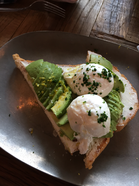 Avocado Toast from The Kitchen at Dunlavy Avocado Toast from The Kitchen at Dunlavy After chasing my lost youth via the delicious medium of avocado toast (millennials know what's what!) yesterday, I wandered homeward along Buffalo Bayou. It's a couple of crow-flown miles, but I managed to stretch it to twice that long by following the curves of the bayou and by finding art and nature to explore as I went. And because I discovered the once well-worn paths I was on were closed still due to flooding. If you remember much about Hurricane Harvey's hit to Houston in August, you'll remember that the bayous, especially the city's principal one, Buffalo Bayou, overran their banks for days and weeks. Although the water long since receded, many of the paths are still covered in debris, and there are areas waterlogged because of all the shifting soil. The dog parks close to the restaurant where I ate my toast are still buried. A couple of the pups I passed gave me looks that clearly read, "we're supposed to be able to go off leash around here, you know." I know, puppers. I know. The art along Buffalo Bayou Park has survived, and it was nice to get up close to much of it as I walked through the gray and brown and green landscape. The Wortham Fountain - or The Dandelion as I always called it growing up - is fun to circle, even on a day too chilly to get close enough to be hit by the spray. And the Tolerance statues (the bodies are constructed of alphabets from around the world) are great to explore up close, instead of my usual glimpses of their large graceful forms as I drive past.
Once I reached Glenwood Cemetery, I ducked in through a side gate to look around. I've lived near it for about 18 months now, but have never really explored it, other than glancing in while walking by the bayou. Turns out Gene Tierney is buried there, and Howard Hughes, and so many well-known figures from Houston's arts, business, and governmental history. Plus, it's super-pretty. I'll be heading back to explore more deeply when the weather gets a tad friendlier. Yesterday, I just headed up Sawyer Street to home. I always enjoy the street art in this part of the city. I often get stopped at train tracks here, and get to contemplate the colors and patterns, but walking beside it and realizing the scale and vision of the creators is even better. I hope you've had decent enough weather to explore some beauty around you lately, too! And if you can't get outside, may I recommend you settle in at home with a nice plate of avocado toast? A YEAR AGO TODAY, i saw hamilton on broadway
How did I get Hamilton tickets?
That's everyone's first question. (Always with quite textual subtext. I get it.) I spent hours coordinating dates for my family (why do the kids have to grow up and take summer internships when I want to go to Broadway?), and more hours on sites that reviewed various seats at the Richard Rodgers Theatre and, most of all, hours on the ticketing site looking for non-resale seats that dovetailed all those things into 3 seats together in the middle of row L and 1 seat way up front. (Getting 4 together was a non-starter.) I bought them in early November for the end of June show. Life intervened, despite all of my planning, and my husband needed to be in Ireland with his mum during June, so my Hamilton-loving niece joined us for summer in the city. Was it amazing? Completely. For the first half, I sat in the front row (note: not the actual front row, but the first of the rows they sell tickets for - i.e., the second row) and I turned into a bolt of pure lightness and electricity the moment Leslie Odom, Jr. came out, stood like eight feet from me, and began singing. ("Singing" seems like the weakest of words to describe his performance.) Also, Lin-Manuel Miranda kept making eye contact with me. WITH ME! It was intense. And delightful. And giddy-making. I know, probably I was imagining it. BUT, a friend of my kid's and his family were sitting two rows behind me, and they said I wasn't. Also (I maybe mention this a lot), he retweeted me after the show and said that my son (who sat in the up front seat for the second half) and I were awesome. Excuse me, "so awesome." (Chills, people.)
The view from Row L was also amazing. The whole stage was a glittering kaleidoscope of power and motion and light and such gorgeous, gorgeous sound.
My niece didn't leave her seat at intermission or after the show until she'd finished journaling. Meanwhile, my younger son - the one who split the front row with me - waited at the pit and got a signature on his songbook from Alex Lacamoire. (Both sons were Hamilfans, but the younger, who is a budding composer, was the greater, so the seat split went to him.) The four of us floated out of the theatre and into the Greatest City in the World.
At any rate, to celebrate that amazing night, and also because it's very much in line with everything I want the world be, I donated today to Lin-Manuel Miranda's latest Prizeo campaign (benefitting the Immigrants: We Get the Job Done Coalition), and made an embarrassingly inept speech as I screened an adaption of the Hamilton song "Dear Theodosia" the sons performed for my Mother's Day gift last year.
You should donate!
IRISH SODA BREAD
2 1/4 - 2 1/2 cups all-purpose flour 2 teaspoons baking soda 1 teaspoon double-acting baking powder 2 teaspoons salt 2 cups whole-wheat flour 1 cup old-fashioned rolled oats & a bit more to sprinkle on top 1 tablespoon caraway seeds (optional: 1 cup raisins or currants, rinsed in hot water & patted dry) 2 cups buttermilk 1 large egg, beaten lightly Into a large bowl, sift together 2 1/4 cups of all-purpose flour with the baking soda, baking powder, and salt. Stir in the whole-wheat flour and 1 cup oats, plus caraway seeds and raisins. Add the buttermilk and egg and stir the mixture until it forms a dough. Turn the dough out onto a floured surface and knead it, adding in as much of the remaining 1/4 cup of all-purpose flour as necessary to form a manageable but sticky dough. Halve the dough, form the halves into round loaves, and put them on a greased baking sheet. Sprinkle the loaves lightly with additional oats, dust them with flour, and bake in the middle of a preheated 350° oven for 30-35 minutes, or until they are lightly browned. Cool on a rack before eating. I mean it! Cool first, then eat! (Add Irish butter, lashing of jam, smoked salmon, or other toppings as desired.) In 5th grade, I realized I was a writer. I know it was 5th grade, because in 5th grade I had Penny Heap, World's Best Teacher, and she told me I was a good writer. And I vowed to make her proud, because there was nothing better in the world than pleasing Mrs. Heap. (Her name was Penny! She drove a silver sports car! She moved me so I didn't have to sit by the mean girls!) So I threw myself into my new craft, and a couple of Super Awesome Validating Things happened to set I Will Be A Writer When I Grow Up firmly into the concrete of ... my soul? (That metaphor got away from me a bit.) First, one of my poems was picked to go in the "Creative Writing" section of my elementary school newsletter. Okay, yes, it was more a rip-off than an homage to Clement Clarke Moore, but let's give eleven-year-old me a break, shall we? I was a PUBLISHED AUTHOR. And then! Encouraged by the glittering success of my first publication, I went on to submit what I seem to recall were at least four poems (all heavily influenced by Shel Silverstein) to my beloved local library - and I won! FIRST PLACE, BABY. That's right. I'm now an AWARD WINNING AUTHOR. With MULTIPLE PUBLICATIONS: (In case y'all can't tell, I've been cleaning out some old paperwork lately. I also found the program from the terrible play my husband and I attended on our first date, my 9th grade report card - ouch, though it did make my current 9th grader feel better about his own performance - and a postcard Salman Rushdie sent to my graduate thesis advisor.)
With early encouragement - and, let's face it, raw talent - like this, is it any wonder I am sitting on my sofa in my jammies today, a Real Author?
As my RETREAT TO LOVE Pinterest board makes abundantly clear (as does the book itself, I suspect!), I think quilting is fabulous.
But I'm not especially talented. Kind of a good thing, really, because quilting takes a ton of time, and if I was better I'd want to spend alllllllllllllll my time hunched over my sewing machine instead of hunched over a keyboard. (I have poor posture.) Regardless, I try periodically to put together a quilt that does me credit, and no matter how approximate my corners, I love the process. I've written about some of the work I've done on my general books / life blog, and wanted to link to it here so y'all could check out my creations. But remember, Ashlyn in RETREAT TO LOVE is a far, far more talented artist than I could ever hope to be. Where are you from?
My teen's just been contemplating identity (it's possible he's also delaying his bedtime....) He's a bit of a mix. His dad's from Ireland, I'm from America, and on top of being Texan for seven generations on one side (hi, Mom!) I'm also a first-generation American & Jewish on the other (hi, Dad!) I've noticed our tendency to define ourselves by the ways we are unlike others. To look at me, I'm fairly indecipherable from any other white woman in the city. So I proclaim my deep roots in the state, my cultural heritage, my imported husband. (He lost the charming accent when he moved here. I have to paint shamrocks on his cheek for people to know he's Irish.) When my teen was outlining those same differences, we talked about how he would define himself if we lived in Dublin. Suddenly the being half-Irish side of him is less defining than the being half-American side of him. Even as we go through life seeking commonalities (we both have teenage sons! we both love Kristan Higgins books! we both want a margarita right now!), we define ourselves by our individuality. Ultimately, my life wouldn't be substantially different if my ancestors were from Kansas instead of Texas, or Italy instead of Poland. I would still love margaritas and contemporary romance. So would you. But I still enjoy hearing about those things from the past that identify you in the present. So: where are you from? |
Archives
October 2023
Categories
All
|
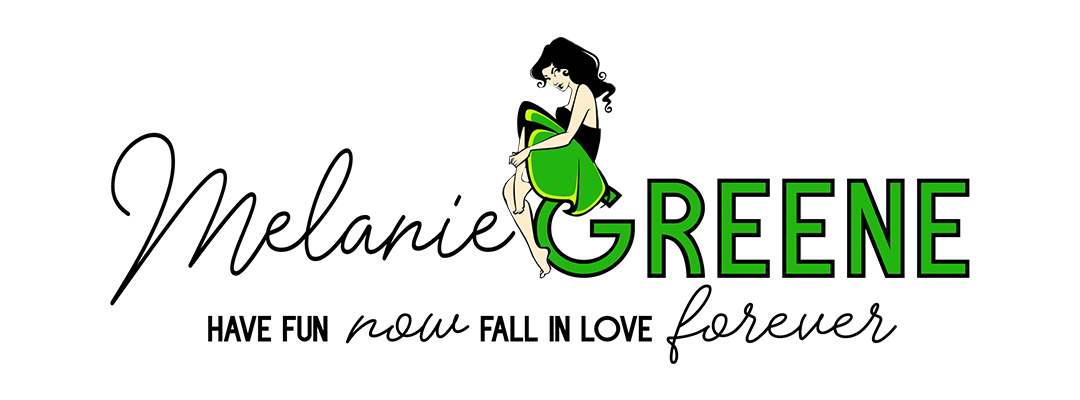


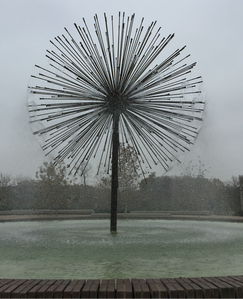
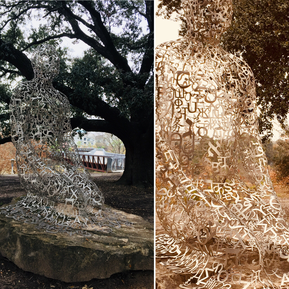
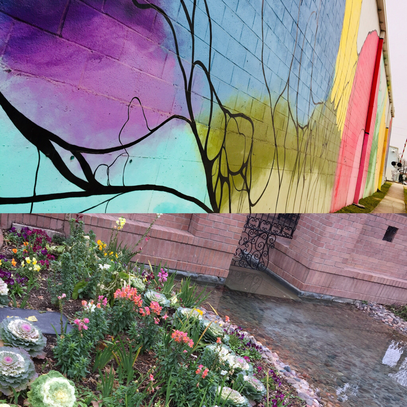
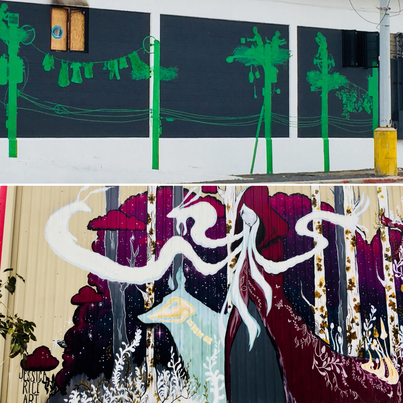
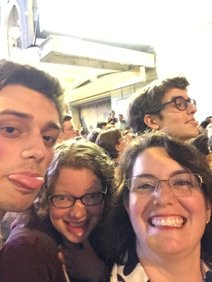
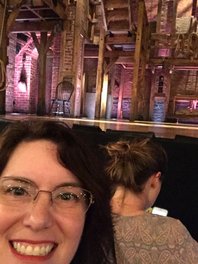

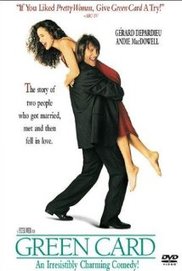
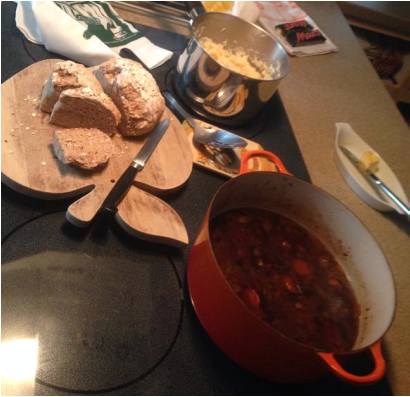
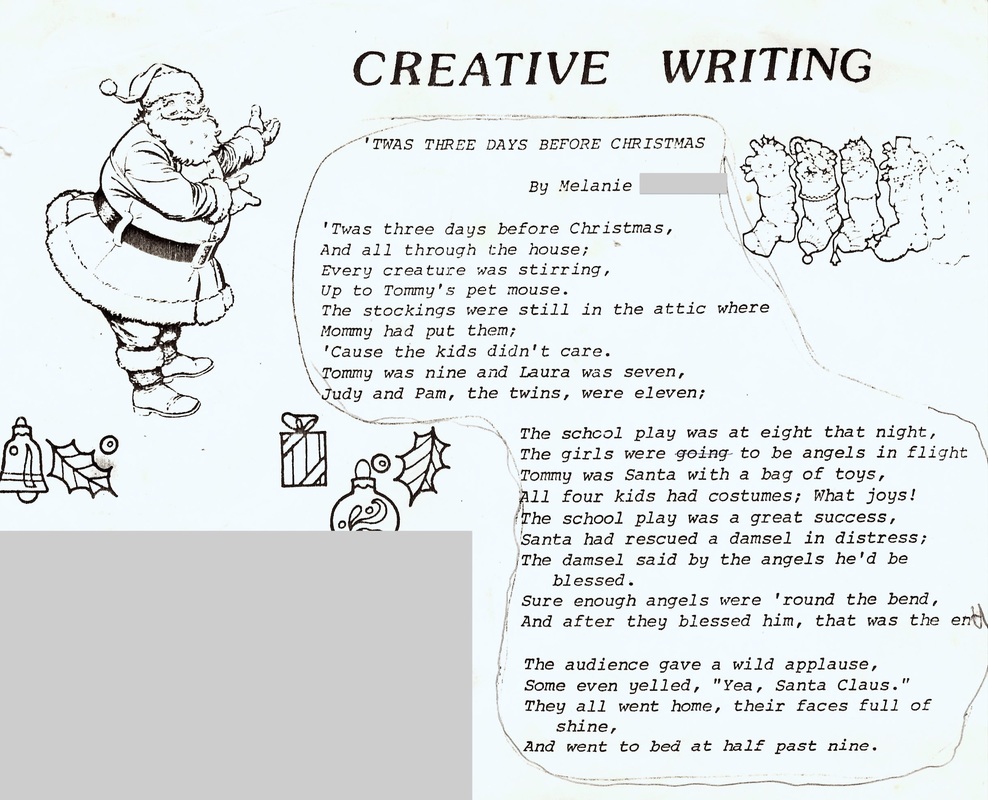
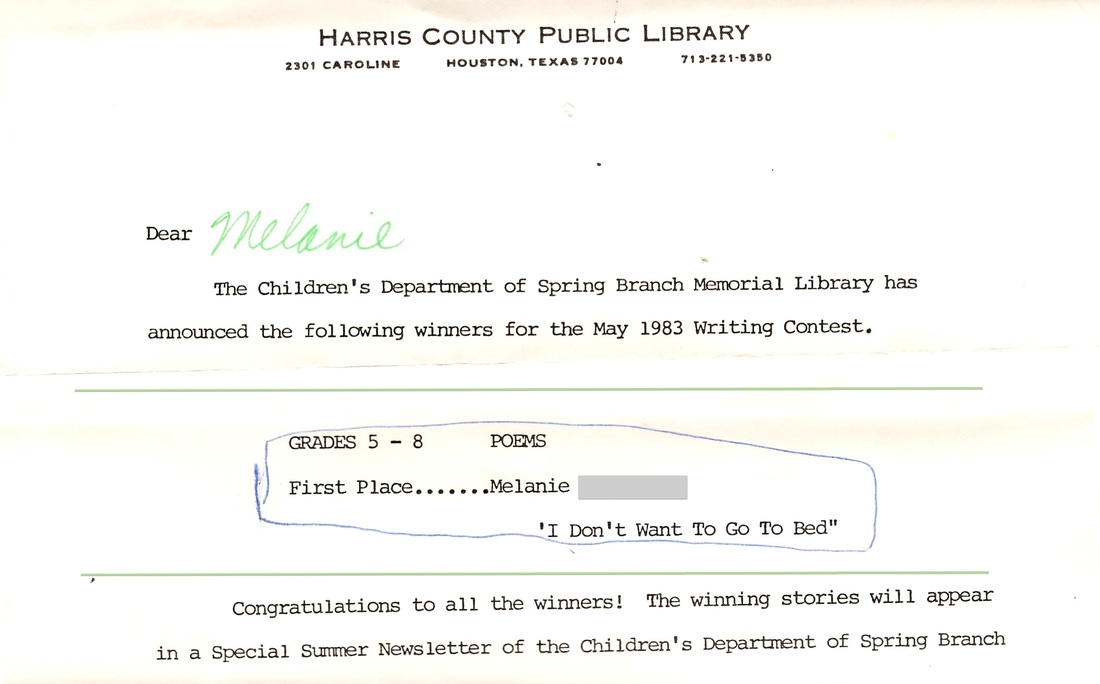
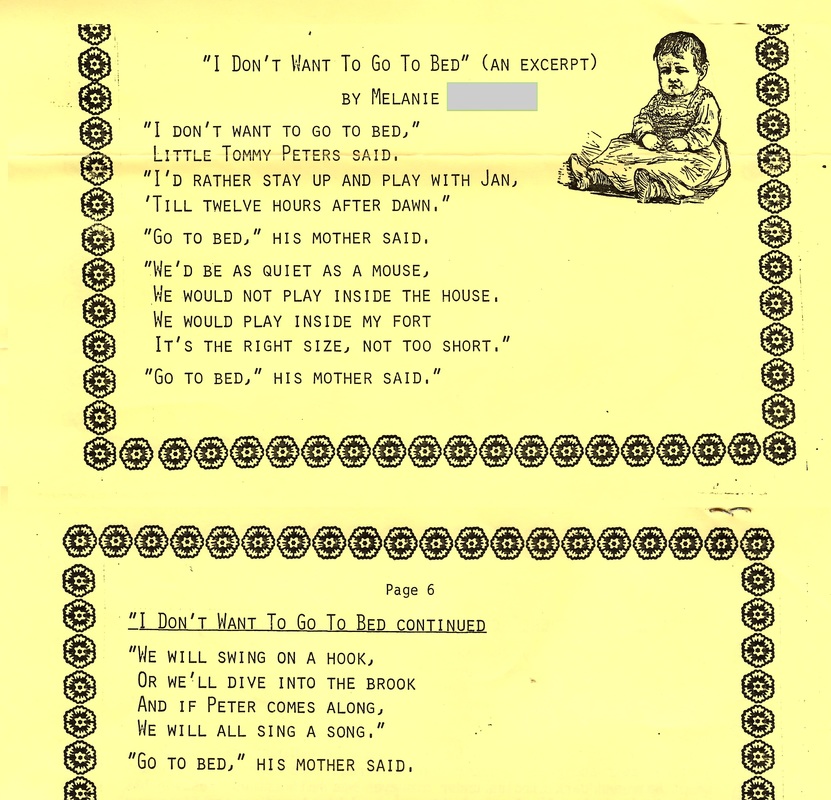
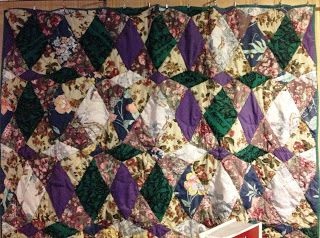
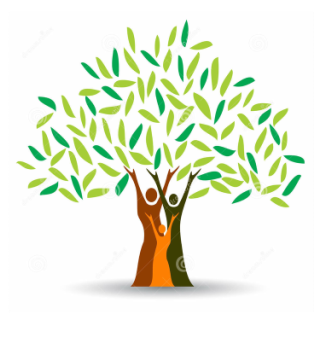
 RSS Feed
RSS Feed